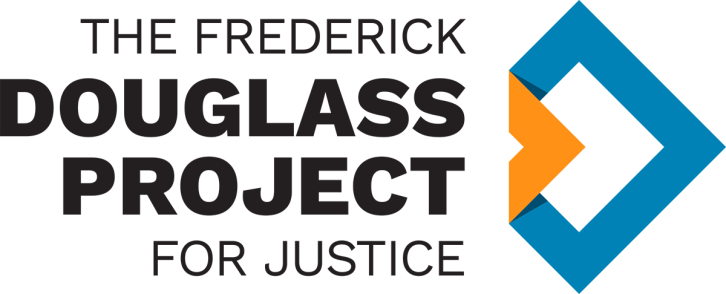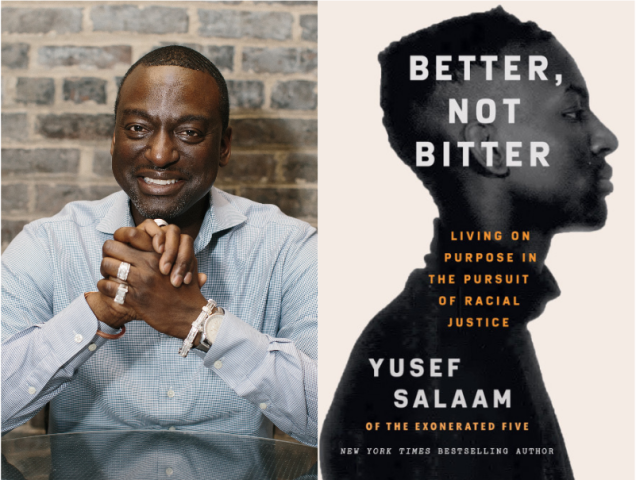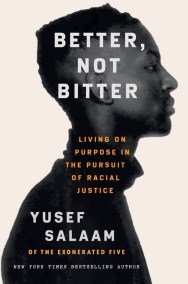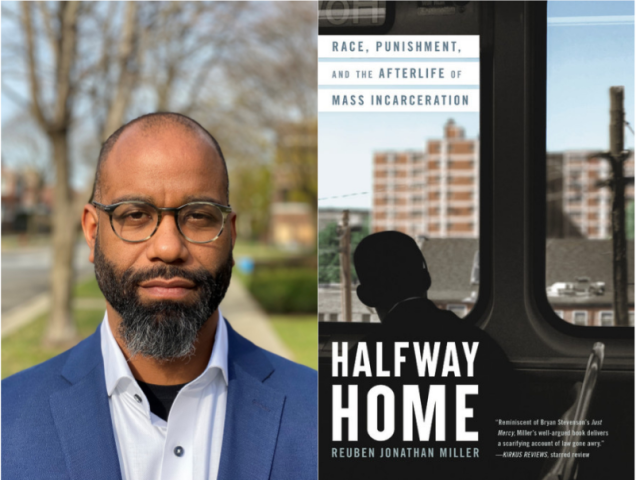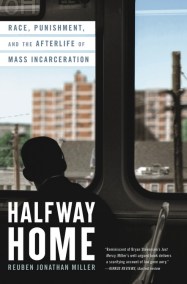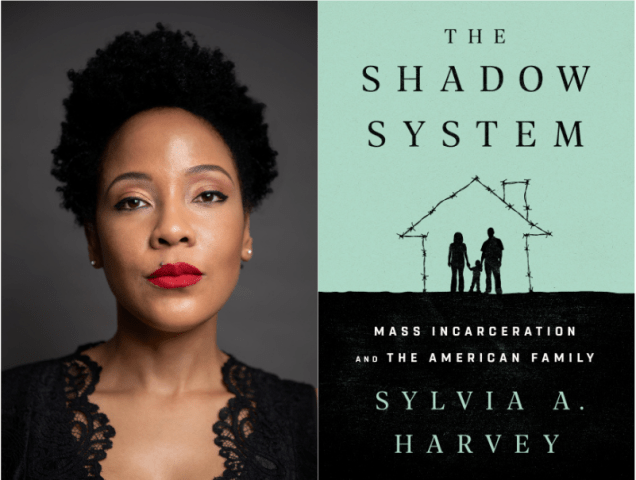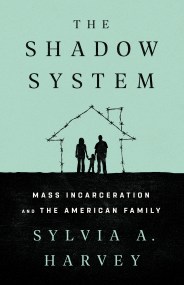Marc M. Howard. J.D., Ph.D.
Marc M. Howard, J.D., Ph.D., is the Founder and President of the Frederick Douglass Project for Justice. In this role, he leads all aspects of the organization and strives to fulfill the Douglass Project’s mission of facilitating structured meetings and respectful conversations between members of free society and prisoners.
Prior to founding the Douglass Project, Marc was already an established political science professor and award-winning author when he began visiting his childhood friend Marty Tankleff in prison. These prison visits served to reshape the course of Marc's life, as he dedicated himself to helping overturn Marty's wrongful conviction—even deciding to go to law school to help his friend. After Marty was exonerated and released, Marc continued his transformation into one of the country's most prominent criminal justice and prison reform advocates. He began volunteer teaching in a prison, and started visiting prisons nationwide. These experiences have brought Marc together with people who have made mistakes but still have hopes, dreams, talents, and fears, and who also have families who love them and communities to which they will eventually return. The Frederick Douglass Project for Justice embodies Marc's goal to drive change by increasing connections with, and promoting the humanity of, incarcerated people nationwide.
Marc received his B.A. from Yale University, his M.A. and Ph.D. from the University of California, Berkeley, and his J.D. from Georgetown University. He is also a Professor of Government and Law and the founding director of the Prisons and Justice Initiative at Georgetown University, as well as the author of three books and dozens of academic articles, including his most recent book, Unusually Cruel: Prisons, Punishment, and the Real American Exceptionalism.
Clive Priddle
Clive Priddle is the Publisher of PublicAffairs and host of The Current. Clive joined PublicAffairs as executive editor in 2003. He became Editorial Director in 2006, and Publisher in 2012. Since joining PublicAffairs, the authors he has edited include Abhijit V. Banerjee and Esther Duflo, Linda Robinson, Natan Sharansky, Kishore Mahbubani, John Kerry, David Rothkopf, Richard Haass, and Muhammad Yunus.
Prior to that, he was publishing director of Fourth Estate, a division of HarperCollins, where among the authors he acquired were Sebastian Junger, Laura Hillenbrand, David Ewing Duncan, James Naughtie, Francis Wheen, Geraldine Brooks, Oliver Morton, Eric Larson, and Michela Wrong. He previously worked for four years at Penguin UK. He won the Tony Godwin award in 2001. Born in London, a graduate of Cambridge University, Clive lives with his wife and two sons in northern Manhattan.

